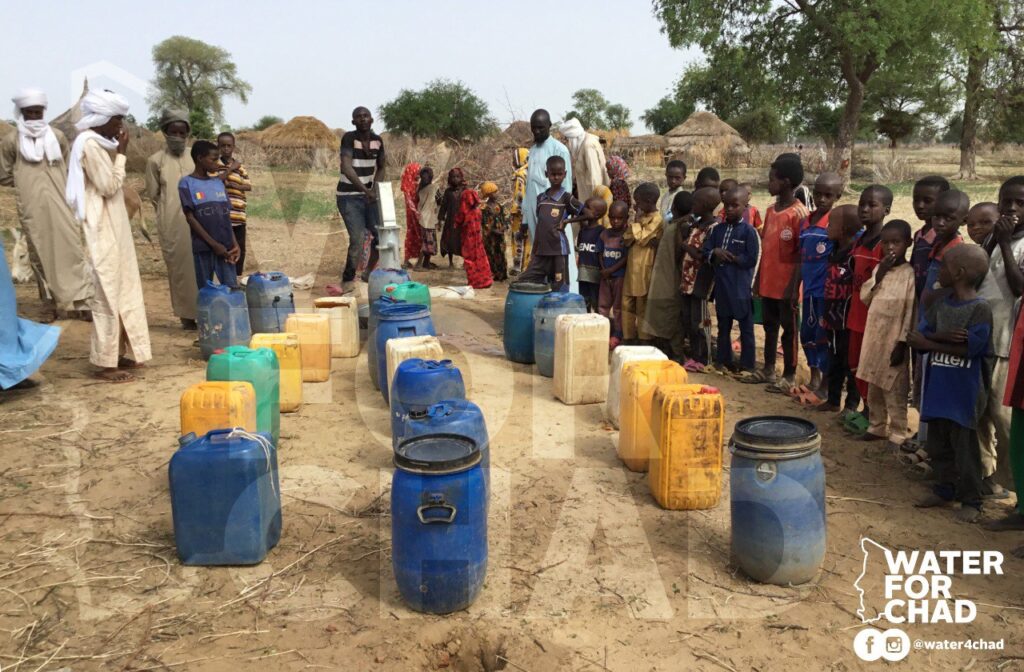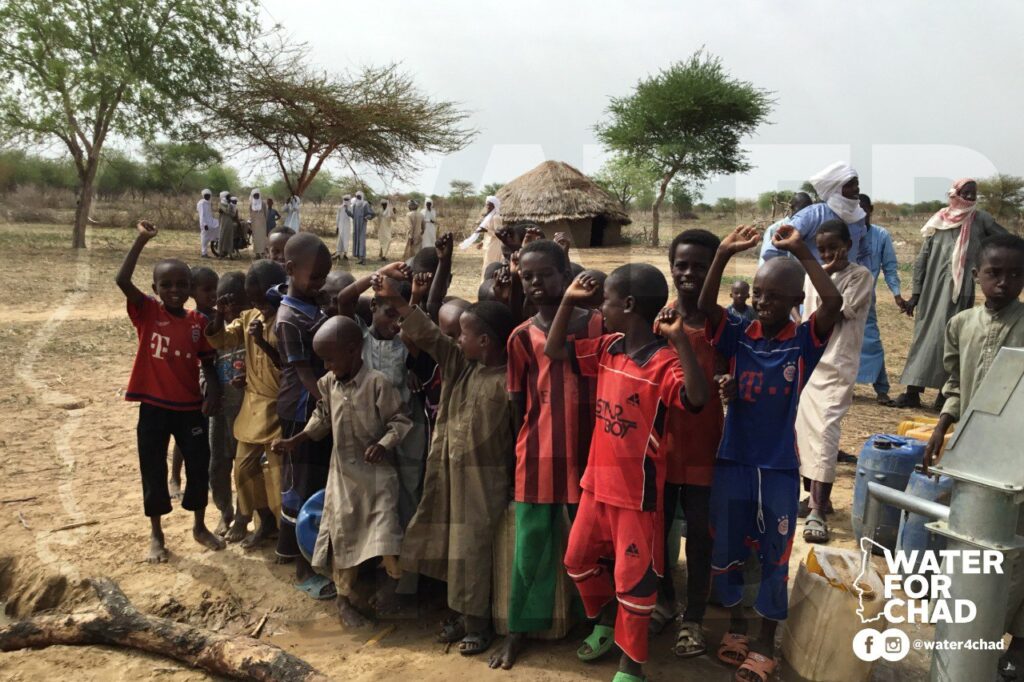Access to clean and safe drinking water is a fundamental human right, yet in many parts of the world, this basic necessity remains out of reach. Water4Chad, a non-profit organization dedicated to improving water access in Chad, has been tirelessly working towards this goal. Despite their commendable efforts, the organization faces significant challenges in providing potable water to the local population. This article delves into the multifaceted difficulties encountered by Water4Chad in their mission.
Geographical and Environmental Hurdles
Chad’s geographical landscape poses a substantial challenge for Water4Chad. The country is largely arid, with vast desert areas and limited natural water sources. The Lake Chad Basin, once a major water source, has shrunk drastically due to climate change and overuse, exacerbating water scarcity. In regions where water is available, it is often located deep underground, requiring advanced drilling technology that is both expensive and difficult to maintain.
The environmental conditions also lead to seasonal variability in water availability. During the dry season, water sources dry up, making it even harder to access potable water. In contrast, the rainy season can cause flooding, which contaminates water sources with pollutants and pathogens, increasing the risk of waterborne diseases.
Financial Constraints
Financial limitations are a pervasive issue for non-profits, and Water4Chad is no exception. Drilling wells and installing water purification systems are capital-intensive processes. The cost of transporting equipment and personnel to remote areas further adds to the expenses. While Water4Chad relies on donations and grants, the funding is often insufficient to meet the growing demand for clean water infrastructure.
Moreover, the maintenance and operation of water systems require a continuous financial input. Without sustained funding, it becomes challenging to ensure the longevity and efficiency of the installed systems. This financial instability hampers the organization’s ability to scale up operations and expand their reach to more communities in need.


Technical and Logistical Challenges
Implementing water projects in Chad involves significant technical and logistical challenges. The lack of infrastructure in rural areas means that transporting drilling rigs, pipes, and other essential equipment is a daunting task. Roads are often unpaved and in poor condition, making travel slow and hazardous, especially during the rainy season.
In addition to logistical hurdles, there is a scarcity of skilled labor. Operating and maintaining advanced water purification and pumping systems require technical expertise that is not readily available in many parts of Chad. Training local communities is essential for the sustainability of these projects, but it is a time-consuming process that requires continuous support and education.
Sociocultural Barriers
Sociocultural factors also play a role in the difficulties faced by Water4Chad. In some communities, traditional beliefs and practices can hinder the acceptance of new water systems. There may be resistance to changing long-standing water usage habits or skepticism towards the safety and benefits of treated water.
Furthermore, gender dynamics can influence water access and management. In many parts of Chad, women are primarily responsible for water collection. Ensuring their involvement and addressing their specific needs and challenges is crucial for the success of water projects. However, cultural norms may restrict women’s participation in decision-making processes, limiting the effectiveness of these initiatives.
Political and Institutional Issues
Political instability and weak governance structures in Chad further complicate the efforts of Water4Chad. Bureaucratic red tape and corruption can delay project approvals and increase costs. Additionally, the lack of coordination among various government agencies and non-profit organizations leads to fragmented efforts and resource wastage.
The security situation in certain regions also poses a significant risk. Armed conflicts and banditry can disrupt project implementation and endanger the lives of staff and volunteers. Ensuring the safety of personnel and the security of equipment is a constant concern for the organization.
Conclusion
Water4Chad’s mission to provide potable water in Chad is fraught with numerous challenges. From geographical and environmental obstacles to financial constraints and sociocultural barriers, the organization navigates a complex landscape in its efforts to bring clean water to those in need. Despite these difficulties, the dedication and resilience of Water4Chad and its partners offer hope for a future where safe drinking water is accessible to all Chadians. Continued support from the global community, coupled with innovative solutions and effective collaboration, is essential to overcoming these challenges and ensuring sustainable water access in Chad

